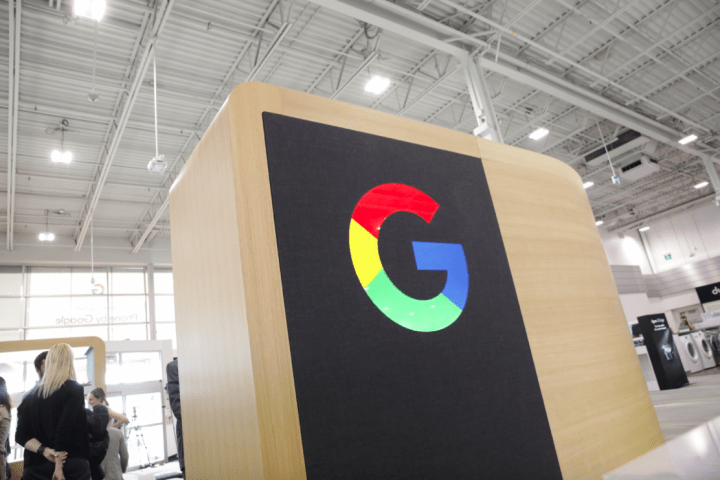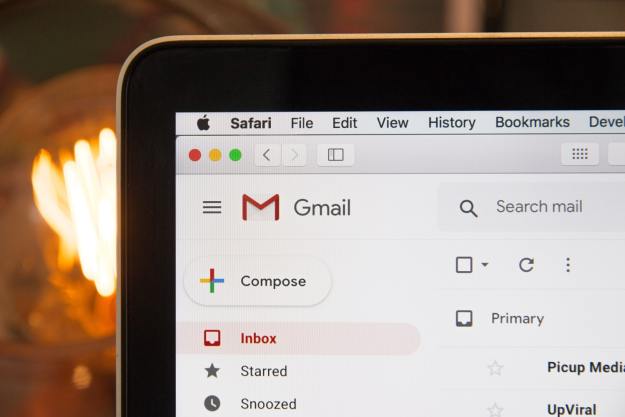
Since each email message is scanned to deliver more relevant ads, the process meant that non-Gmail accounts were indirectly being cataloged as well. The plaintiffs in the case, which was styled Matera vs. Google, argued that this was a violation of both the Electronic Communications Privacy Act and the California Information Privacy Act, calling the strategy “the twenty-first-century equivalent of AT&T eavesdropping on each of its customers’ phone conversations, or of the postal service taking information from private correspondence.”
Instead of fight the case, Google agreed to change how it scans these emails — although scans for spam and malware would still occur during the delivery process as occurred before. The change will be seamless to customers, as it literally is a matter of milliseconds in processing time.
It’s not clear whether Google was receiving any material benefit from the strategy — i.e. data from those non-Gmail users being used to serve more relevant ads across Google’s widespread ad network. It also agreed to pay any legal costs related to the case and make a one-time payment of $2,000 to each of the class representatives.
Other ad providers have not been so lucky. Yahoo was forced to settle over similar issues with its email-related ad-targeting practices, but ended up paying close to twice what Google had to in legal costs (about $4 million).
Google declined to comment on the settlement, but offered that its efforts would result in concrete technical changes. Lawyers for the plaintiffs did not respond to a request for comment as of press time.
Editors' Recommendations
- Google just settled a $5B privacy suit involving Chrome browser
- Google witness accidentally reveals how much Apple gets for Safari search
- Google Chrome is getting a complete overhaul for its birthday
- Malware is spreading through Google Bard ads — here’s how to avoid them
- Why is Google cutting web access for some of its workers?


